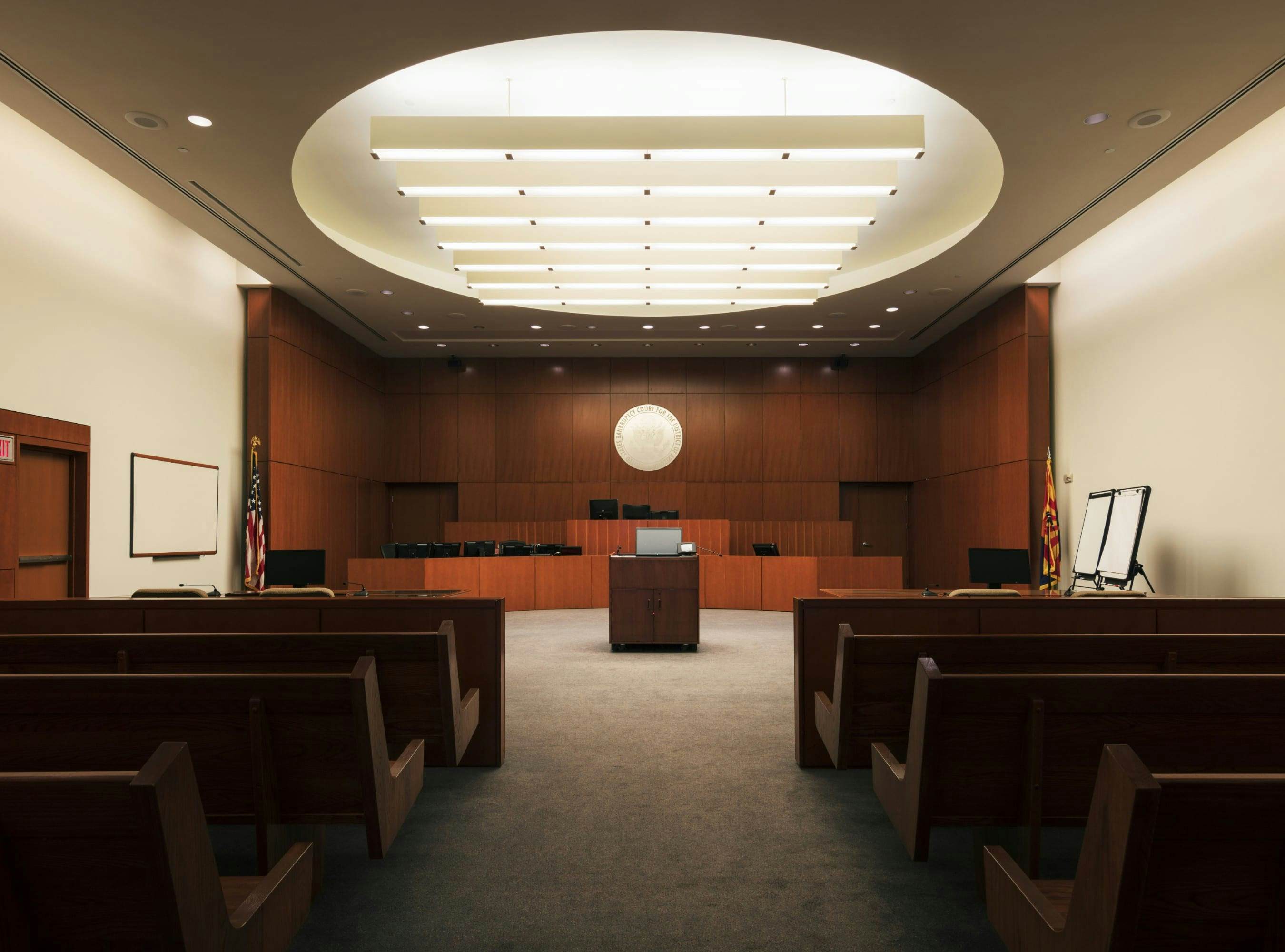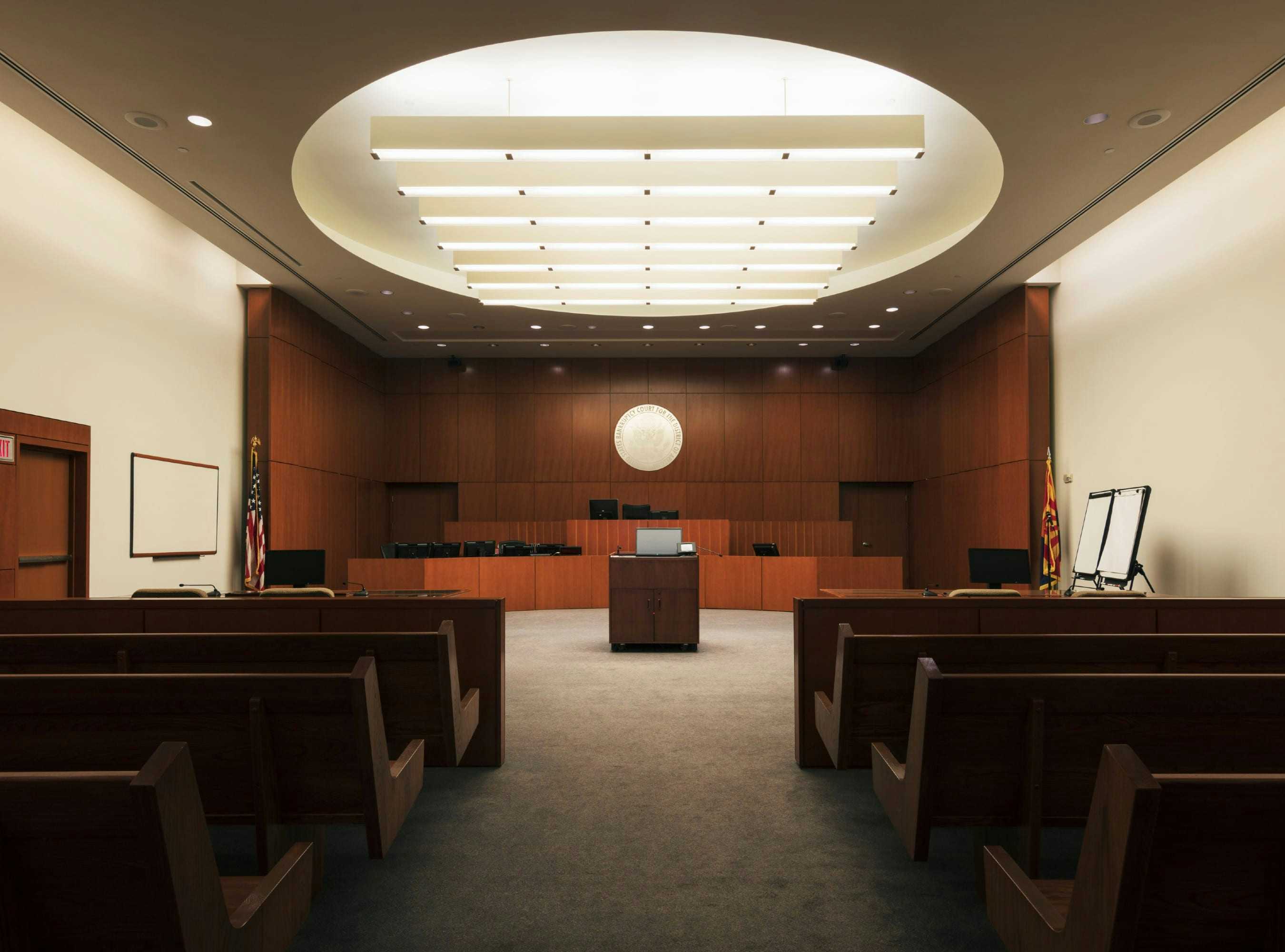In the wake of COVID-19’s first wave, businesses across the country were forced to shutter or make significant changes to hours of operation and staff interactions with the public. These pandemic workarounds also extended to the justice system. For many courts, this included limiting in-person matters and suspending certain filing requirements. As a consequence of evolving pandemic restrictions, the courts have created a patchwork of shifting rules across the U.S. and within individual states. One amendment type emerging from the courts’ crisis response is tolling statutes of limitations. Here, we’ll explore how and why states have augmented these statutes and the impact this has on future litigation.
States Where Statutes of Limitations Have Been Tolled
As shelter-in-place orders were issued and working life was severely impacted, many courts announced delays or suspensions to statutes of limitations. These tolls were meant to lighten the volume of filings and ease the deadlines of ongoing cases in the face of a pandemic. This would allow courts to focus on only the most pressing matters in their skeleton instance. All in the effort of maintaining health, safety, and an operational justice system, states have approached tolling statutes of limitations with a variety of methods.
California
California tolled its statute of limitations via an order by the Judicial Council of California. On May 29, 2020, Emergency Rule 9 was amended so that it’s no longer tied to the state of emergency declaration. For civil causes of action that exceed 180 days, the new rule suspends statutes of limitations and repose from April 6 to October 1. For civil causes of action that are 180 days or less, the new rule suspends statutes of limitations and repose from April 6 to August 3.
Connecticut
In Connecticut, Governor Ned Lamont issued Executive Order No. 7G that suspended the statute of limitations until the termination of the state’s public health emergency. This was later amended by the Supreme Court’s Chief Justice and the suspension was lifted effective June 10, 2020.
Delaware
The Delaware Supreme Court issued Administrative Order No. 6 extending all expiring statutes of limitations and statutes of repose from March 23 to June 13, 2020, through July 1, 2020. The order does not apply to any other deadlines.
District of Columbia
The Superior Court of the District of Columbia issued an order on March 18, 2020 which tolled the statute of limitations through May 15, 2020. On May 21, the District of Columbia Court of Appeals ended their suspension of filling deadlines. Any filings due on or before May 31, 2020 will have 30 days to complete. June filing deadlines are not extended.
Georgia
The Georgia Supreme Court issued two orders on the extension of its statute of limitations and the tolling date was extended through June, 12, 2020. The order also specified that individual judges may enforce certain deadlines on a case-by-case basis. As of May 21, 2020, the court has reinstated previously tolled deadlines. Effective May 28, 2020, parties must submit a “Certificate of Timeliness” to demonstrate the calculation of their new filing deadlines given the previous emergency tolling period. The deadline calculation is outlined in the court’s Rule 11.1.
Iowa
On March 17, 2020, the Supreme Court of Iowa issued an order tolling the state’s statute of limitations and statute of repose from March 17 through May 4, 2020. On April 2, an additional order extended the tolling until June 1, 2020—or a total of 76 days.
Kansas
The Kansas state legislature passed a bill giving the Kansas Supreme Court authority to suspend or extend any statute of limitations-related deadlines. As such, the chief justice tolled, “all statutes of limitations and statutory time standards or deadlines,” until further notice. This order was upheld most recently on May 26 following an extension of the Kansas Governor’s State of Disaster Emergency Declaration.
Louisiana
The governor issued a proclamation on March 13, 2020 suspending all statutes “applicable to legal proceedings,” until at least April 13, 2020. This was amended through a series of additional orders, most recently with an order that extends deadlines between March 12 and June 15, 2020 until June 16, 2020.
Maryland
The Maryland Court of Appeal issued an order suspending the state’s statute of limitations for as many days that the courts are closed due to the public due to the public health emergency. Upheld in a May 22 order, this period is defined as March 16 to July 20, 2020.
Massachusetts
The Massachusetts Supreme Judicial Court issued an initial order tolling all statutes of limitations beginning on March 17, 2020 and extending through May 31, 2020. On May 26, 2020 the court ended the emergency tolling order effective June 30 for civil statutes and September 1 for criminal statutes. All other tollings end on July 1, 2020.
Michigan
The Michigan Supreme Court issued a March 22 order extending, “all deadlines pertaining to case initiation and the filing of initial responsive pleadings in civil probate matters during the state of emergency declared by the Governor related to COVID-19.” Though it does not explicitly mention the statute of limitations, it is implied by referencing, “all deadlines applicable to the commencement of all civil and probate case types.” This order was officially rescinded on June 20, with an additional order offering guidance for new filing deadlines.
Nevada
Nevada’s governor suspended the statute of limitations in an executive order effective March 12, 2020 until 30 days past the state’s emergency order.
New Hampshire
The New Hampshire Supreme Court issued an order suspending, “deadlines set forth in court rules, court orders, statutes, ordinances, administrative rules, administrative orders or otherwise that are set to expire between April 7, 2020, and May 3, 2020,” until the last day of the state’s declared emergency.
New Jersey
The Supreme Court of New Jersey issued an order declaring, ”in the computation of time periods under the Rules of Court and under any statute of limitations for matters in all courts, for purposes of filing deadlines, March 16 through March 27, 2020, shall be deemed the same as a legal holiday.” This was later extended through May 10, 2020.
New York
Through an executive order on March 20, 2020, New York was one of the first states to address statutes of limitations in the face of the pandemic. In the order, the state halted the filing of new cases and filings in non-essential civil matters through April 19, 2020—effectively tolling the state’s statute of limitations. Through additional executive orders, the tolling period was eventually extended to May 7, 2020, and then to June 6, 2020, though e-filing was allowed to recommence statewide on May 25.
Ohio
The Ohio state legislature passed House Bill 197 that tolled the statute of limitations effective from March 9 through July 30, 2020, or the date the period of emergency ends, whichever is sooner.
Oklahoma
The Oklahoma Supreme Court issued an order extending the statute of limitations 30 days from the March 16 issuance date. The tolling period was later extended through May 15, 2020.
Pennsylvania
Without expressly mentioning the statute of limitations, the Pennsylvania Supreme Court issued an order stating, “all time calculations for purposes of time computation relevant to court cases or other judicial business, as well as time deadlines, are SUSPENDED through April 3. 2020, subject to additional orders of this Court.” On May 27, the court issued a “Cessation of Statewide Judicial Emergency” effective June 1, 2020.
Tennessee
The Tennessee Supreme Court issued an order on March 13 declaring, “statutes of limitations and statutes of repose that would otherwise expire during the period between March 13 and April 6, 2020 are hereby extended through April 6, 2020.” This was later extended through June 5, 2020.
Texas
The Supreme Court of Texas issued the Twelfth Emergency Order Regarding the COVID-19 State of Disaster granting an extension until July 15 for all service and filing deadlines—including statutes of limitations—that fell between March 13 and June 1, 2020.
West Virginia
The West Virginia Supreme Court issued an order declaring, “statutes of limitations and statutes of repose that would otherwise expire during the period between March 23, 2020, and April 10, 2020, are hereby extended to April 11, 2020.” This was later extended to May 15 and the judicial emergency period was formally ended on May 12, 2020.
Complications in Altering Statutes of Limitations
Tolling or otherwise altering statutes of limitations has become a source of debate. Although executive and judicial orders in many states allow for tolling, these orders do not always detail precisely how tolling periods should be counted or applied in particular cases. They also tend to omit any discussion of how negotiated limitations periods or other procedures, such as negotiated discovery or expert disclosure deadlines, are affected by the tolling periods.
When a statute of limitations is tolled, however, it has an effect on the legal rights of those involved in litigation. Not only do potential plaintiffs and defendants have to account for the tolling period, but the effect of a tolling order in one state may have repercussions on federal diversity claims. Federal statutes of limitations are never tolled, which may pose additional hurdles on claims moving through lower courts.
In addition, states that tolled their statutes of limitations must determine how to count the tolling period. For instance, in New York, two categories are used. Causes of action that accrued before March 20, 2020—the date of the executive order—and could have been considered timely on that date are tolled for 78 days, the length of the executive order’s tolling period. Alternatively, causes of action that accrued during the tolling period are tolled for the number of days between their accrual and June 6, 2020— the end of the tolling period. Questions arise, however, in the case of claims that were pending before New York court filings were suspended. For example, if a motion was due seven days after the suspension began, do those seven days begin counting down from May 4—the date the court began accepting filings in pending matters—or June 6— the date the suspension order expires?
Navigating COVID-19 Emergency Judicial Orders
In all states, litigants and their counsel need to stay aware of any tolling or other changing rules for statutes of limitations. Questions of forum-shopping may also arise if a claim is initially filed in a state with no tolling period, then moved to a state which did toll the statutes of limitations. Attorneys considering such a move would benefit from carefully preparing how to address such objections.
Though statutes of limitations have been tolled in some states, not all court business has stopped along with them. Courts are quickly moving to reopen, in varying capacities, and many tolling deadlines depend on the ending of a state of emergency. For any ongoing litigation, a well-prepared litigator must pay careful attention to these forthcoming orders to ensure claims, motions, and other items are filed in a timely fashion.
In states with no tolling periods for statutes of limitations, filing a claim ontime remains a high priority. In dire cases, attorneys may consider arguing that a court should apply the traditional doctrine of equitable tolling. These arguments may pose considerable challenges, however, since equitable tolling is typically applied only sparingly, and few—if any—precedent cases address its use in pandemic situations.




